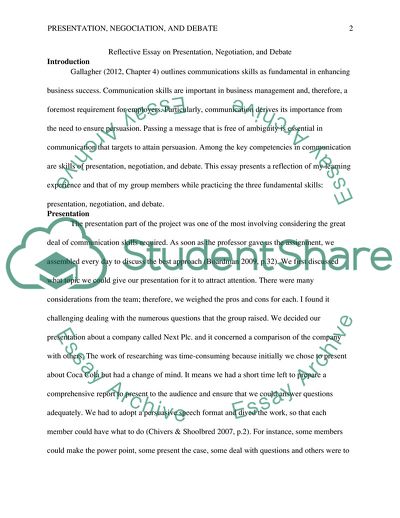Cite this document
(Reflective Essay on Presentation, Negotiation and Debate, n.d.)
Reflective Essay on Presentation, Negotiation and Debate. https://studentshare.org/business/1860720-reflective-essay-on-presentation-negotiation-and-debate
Reflective Essay on Presentation, Negotiation and Debate. https://studentshare.org/business/1860720-reflective-essay-on-presentation-negotiation-and-debate
(Reflective Essay on Presentation, Negotiation and Debate)
Reflective Essay on Presentation, Negotiation and Debate. https://studentshare.org/business/1860720-reflective-essay-on-presentation-negotiation-and-debate.
Reflective Essay on Presentation, Negotiation and Debate. https://studentshare.org/business/1860720-reflective-essay-on-presentation-negotiation-and-debate.
“Reflective Essay on Presentation, Negotiation and Debate”. https://studentshare.org/business/1860720-reflective-essay-on-presentation-negotiation-and-debate.


